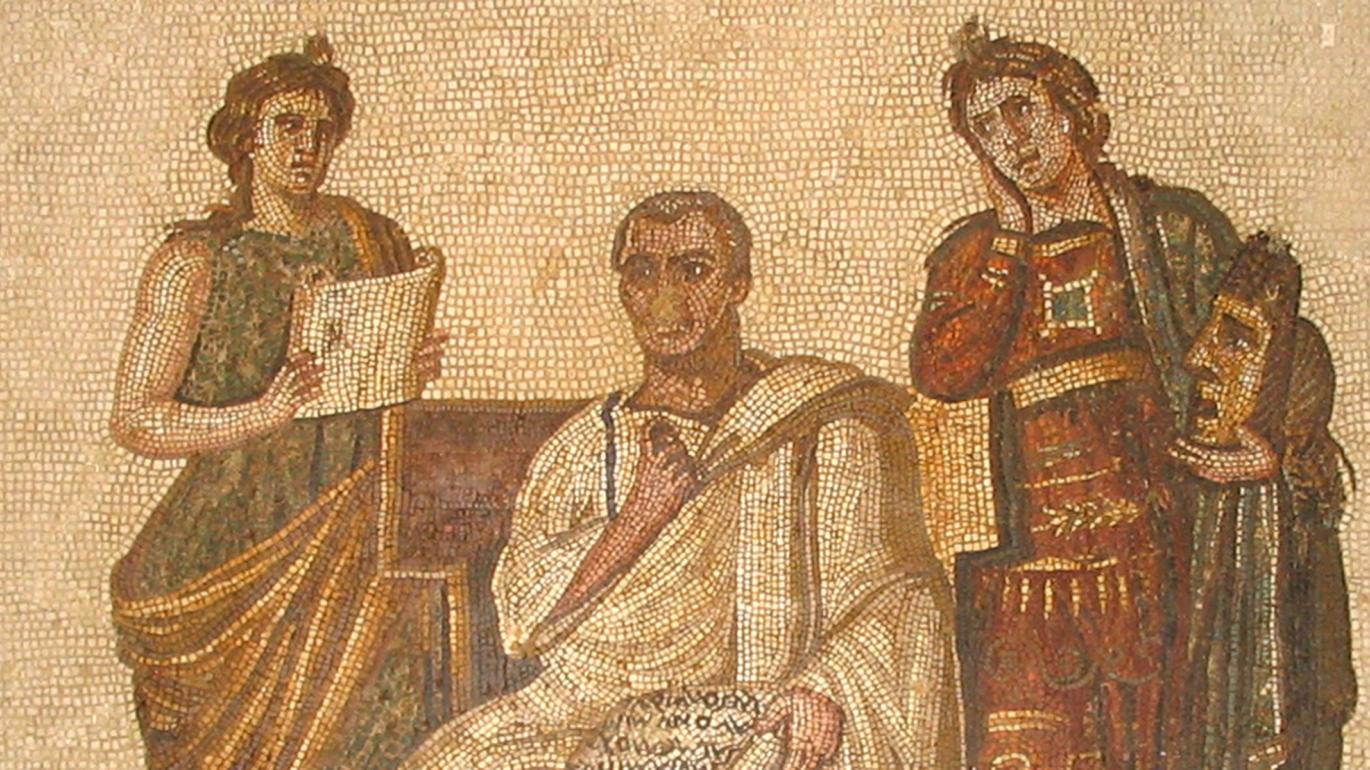
Virtual
October 20, 2021, 4:30 PM EDT
The Surprising Birth of Latin Literature
Virgil, Cicero, Horace, and other ancient Roman authors are so firmly established in the Western canon today that the existence of Latin literature is easily taken for granted. Join Professor Denis Feeney as he explains the surprising reasons why there never should have been a literature in the Latin language. This talk explores the conditions that gave rise to this unusual phenomenon, looking above all at the interaction between Roman and Greek culture from which the new literature emerged.
Event Details
-
DatesOctober 20, 2021, 4:30 PM EDT
-
CostFree and open to the public

